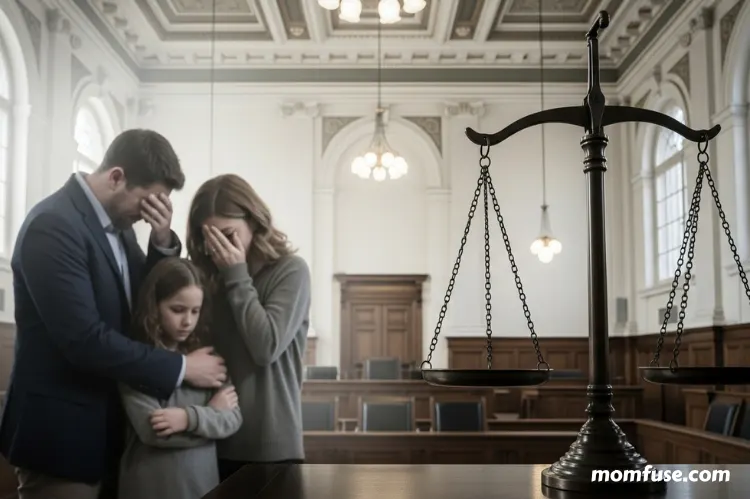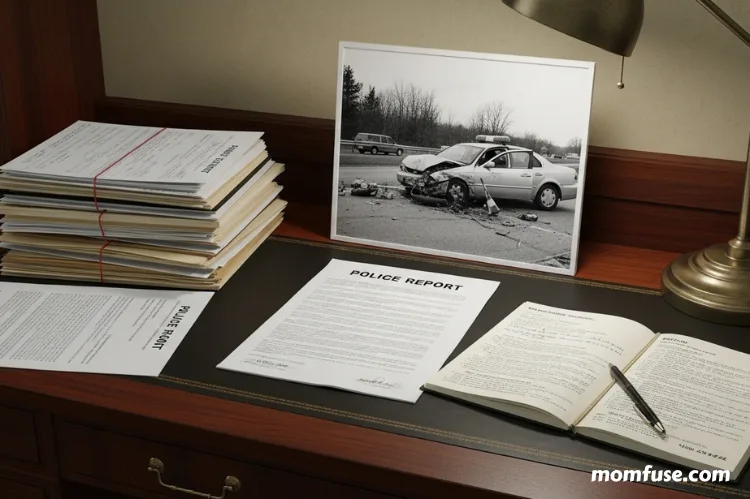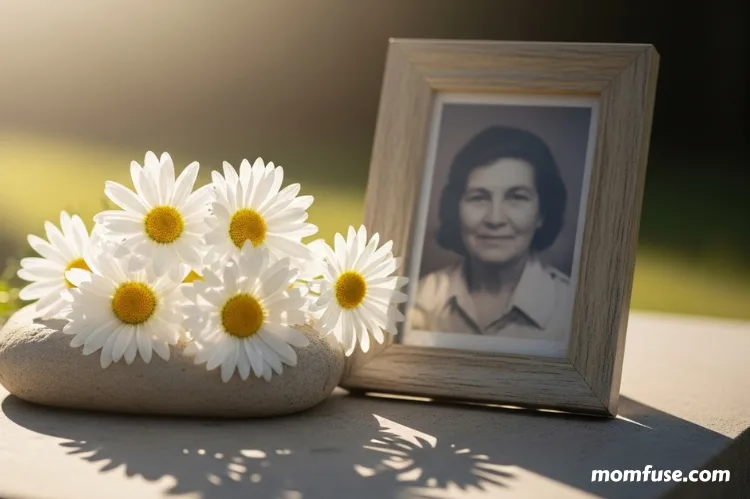The loss of a loved one due to someone else’s negligence or wrongful actions is a devastating experience that no family should endure. In such tragic circumstances, navigating the aftermath can be daunting. Families often face various emotional, legal, and practical challenges that require both immediate and long-term actions. This blog explores essential steps families may take when dealing with the aftermath of a wrongful death. By understanding these steps, families can better cope with their loss and initiate the healing process.
Understanding Wrongful Death

Grasping the concept of wrongful death is crucial for families dealing with this kind of loss. A wrongful death occurs when an individual dies as a result of the negligent or intentional acts of another party. This could involve a wide range of scenarios, including medical malpractice, automotive accidents, workplace incidents, or defective products. The legal definition and implications vary from state to state, which can significantly influence how families handle their situations.
Families need to recognize that wrongful death claims are not just about seeking compensation. They often serve as a means of holding responsible parties accountable for their actions, bringing a sense of justice to the grieving family. In many jurisdictions, there are specific time limits for filing a wrongful death claim, so it is imperative to pay attention to the statutes of limitations in the relevant state. Understanding these parameters may help families avoid missing critical deadlines that could affect their pursuit of justice.
Gathering Evidence

The evidence that supports a wrongful death claim plays a pivotal role in any legal proceedings. Families should focus on collecting relevant information as soon as possible. This includes medical records, police reports, and other documents that provide insights into the cause of death and the circumstances surrounding it. Eyewitness testimony can be vital, and collecting contact information from potential witnesses can bolster a case significantly.
Securing physical evidence, like photographs of the accident scene or damaged vehicles, can further substantiate claims. All collected evidence should be organized and preserved diligently. Many families find it beneficial to maintain a journal documenting their experiences and emotions throughout this process, as it can supplement their claims and provide a clearer timeline of events.
Consulting with Professionals

After losing a loved one, emotional turmoil can cloud judgment, making it difficult to navigate the next steps. Consulting with professionals can prove invaluable in these situations. Families can hire a wrongful death lawyer who specializes in these types of cases. A seasoned attorney can provide insights into the legal landscape, helping families understand their rights and options.
Mental health professionals can offer emotional support during this challenging time. Grieving is a unique experience for everyone, and no one should face it alone. Counselors or therapists can assist families in processing their emotions, making it easier to cope with the loss. Balancing legal and emotional support is crucial, as both aspects play a significant role in a family’s journey toward healing.
Understanding Insurance Claims

Navigating insurance claims after a wrongful death can be overwhelming. Many families might initially assume that the responsible party’s insurance will cover the loss. Dealing with insurance companies often presents its own set of challenges. Understanding the specifics of the insurance policy in question is critical. Policies may have limitations or exclusions that could affect claims.
Families should scrutinize all documentation, ensuring they comprehend the procedures involved in filing claims. It may be worthwhile to engage with financial advisors to evaluate available compensation tools, such as support services or funeral expenses. Being proactive and well-informed can lead to better outcomes in these negotiations.
Exploring Compensation Options
One of the significant motivations for pursuing a wrongful death claim is the potential for financial compensation. Damages can cover various aspects, including medical expenses, funeral costs, loss of companionship, and emotional distress. Families should familiarize themselves with the various types of compensation available under the law in their jurisdiction.
Compensation amounts can vary widely based on the circumstances of the case and the state’s laws. Thoroughly investigating potential damages can help families formulate realistic expectations. Engaging with attorneys experienced in wrongful death claims is highly recommended, given their insights into the compensation process, which can simplify a family’s pursuit of justice.
Participating in Support Networks

Navigating the emotional landscape following a wrongful death can feel isolating. Engaging with support networks, such as bereaved families’ groups, can offer unique benefits. These groups provide a platform for individuals to share their experiences and coping mechanisms. Families may find solace in knowing they are not alone in their struggles, fostering connections with others who have faced similar challenges.
Support networks can provide valuable information on additional resources such as legal guidance or mental health services. Sharing stories can serve as a powerful healing tool, helping individuals process their grief. These interactions may create a communal experience that uplifts spirits and encourages healing.
Families must take steps to understand their situation while seeking both legal and emotional recourse. The journey through grief is unique for everyone, but with the right knowledge and support, families can find ways to honor their loved ones while pursuing paths toward healing.
Read Next: Criminal Charges: Protecting Your Rights and Future Effectively
Jessica Fuqua is a mom of two who writes about the messy, beautiful reality of raising kids. She believes parenting advice should feel like a conversation with a friend, not a lecture. When she’s not writing, she’s probably reheating the same cup of coffee for the third time.

